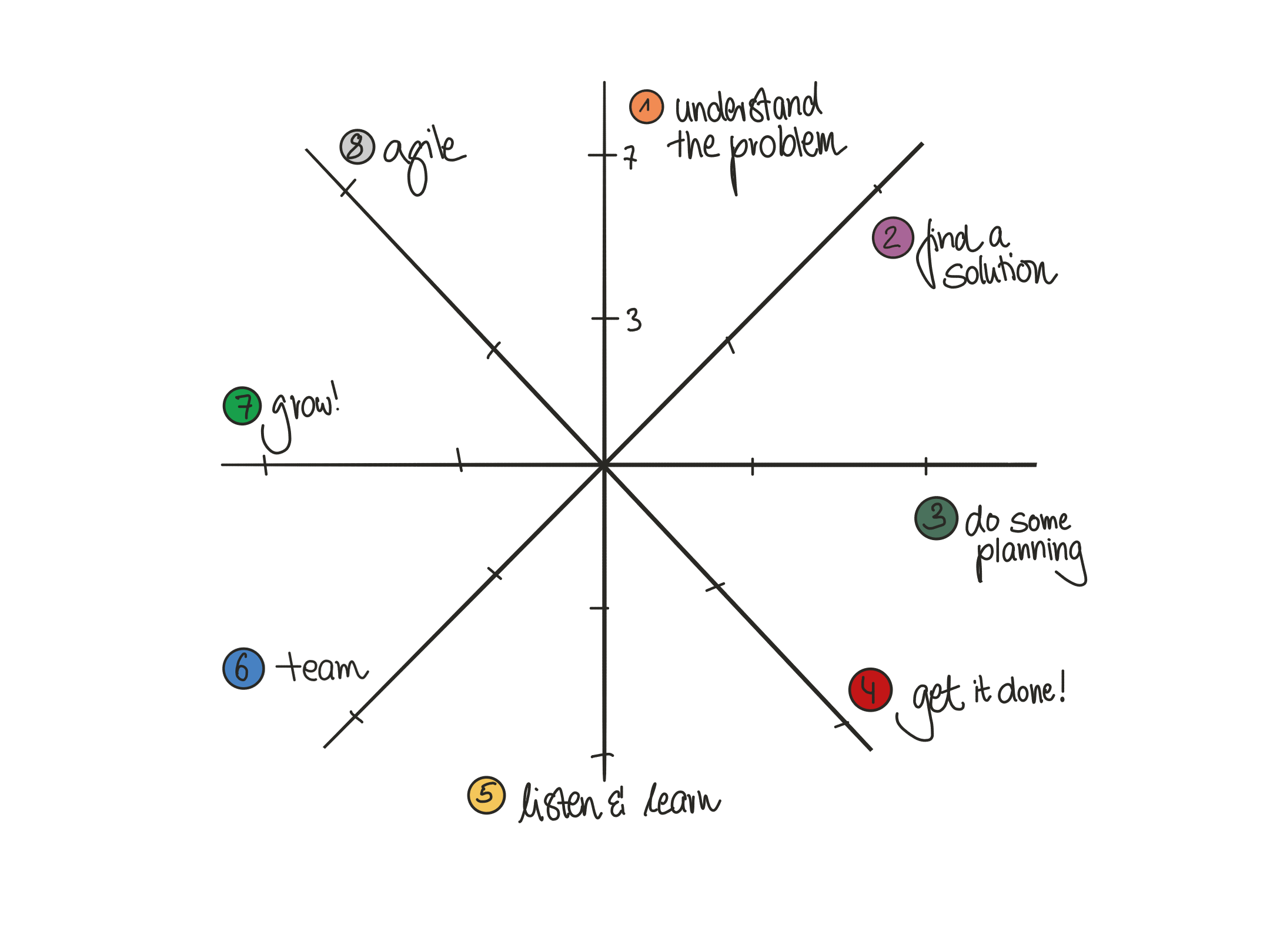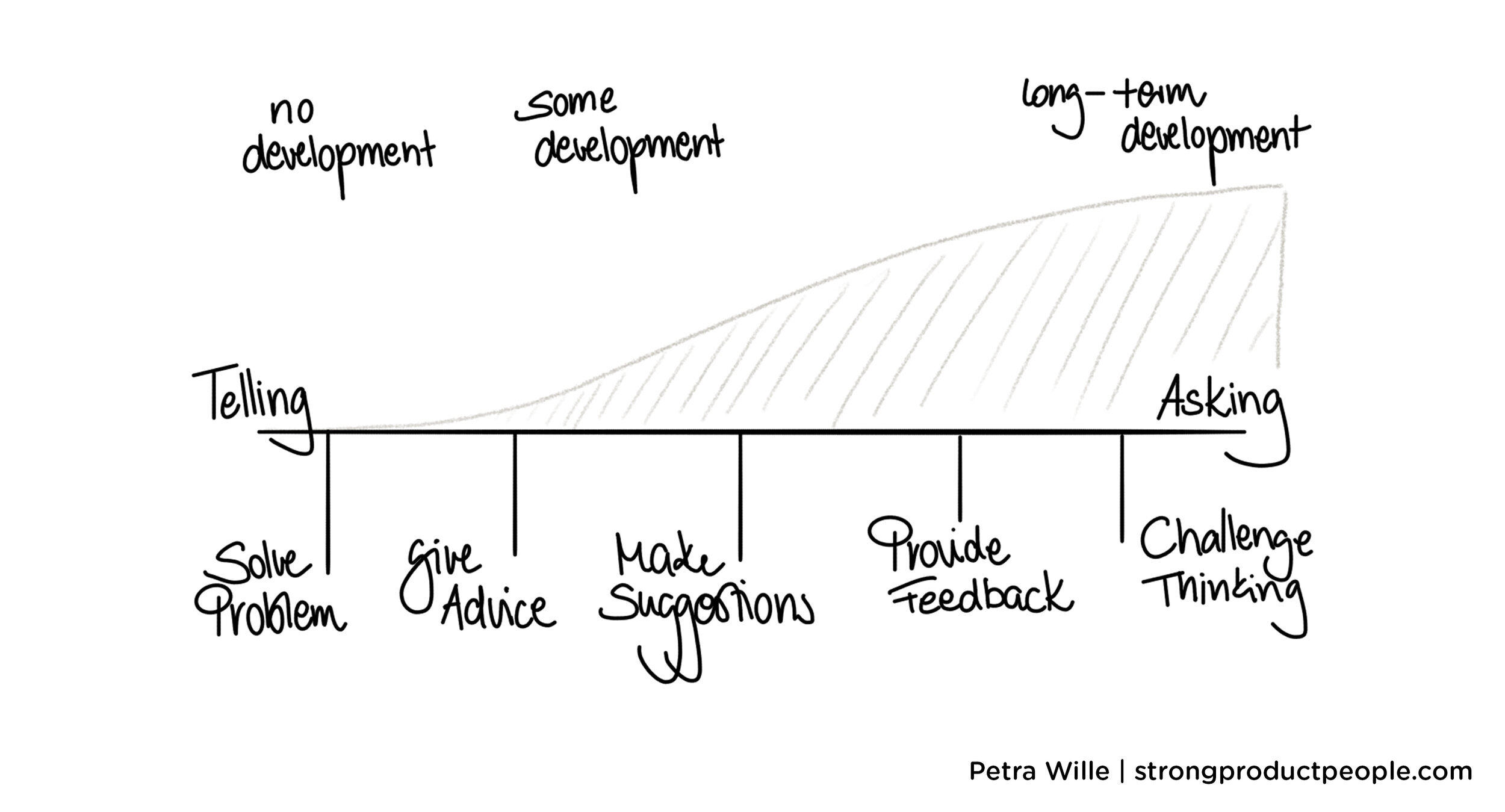Why Agile Coaches Can't Be Product Coaches
Introduction - Seeing a Shift
Over the past few years, I've noticed a growing visibility of product coaches in our industry. They're at the conferences, they're prominent on social media, and their influence is making waves in the business world (And ‘they’ obviously includes me :-)). As a result, many companies are beginning to recognize the potential value that a product coach can bring to their organization. This is a good thing!
However, the higher cost of hiring external product coaches often prompts companies to look inward for cost-saving alternatives. And quite frequently, the individuals tapped to fill this role are none other than agile coaches. After all, they're already a part of the team and “coach” is right there in their title, isn't it?
This decision, though seemingly logical, often misses the mark. Today, I'm here to explain why.
Why the Agile Lens Isn’t Ideal for Product Coaches
Product management is a two-pronged discipline, involving both delivery and discovery. The process of discovery, which involves minimizing the risk of crafting the wrong thing in the most exquisite manner, is just as critical as delivery. However, agile coaches, by the nature of their work with development teams, typically lean more towards delivery.
They might have a conceptual understanding of the user experience and the importance of user interaction from reading books or attending courses. However, they've seldom worn the product hat and experienced it firsthand.
So, when agile coaches are asked to magically transform themselves into product coaches, they typically focus on areas within their comfort zone: streamlining agile rituals, enhancing product managers’ accessibility to the team, and getting the rest of the company up to speed and bought into agile processes.
While these areas are vital and can offer considerable benefits, they do not encompass the entirety of the PM role. Agile coaches, despite their best intentions and efforts, can't guide PMs all the way (unless they have been PMs themselves for longer than a few months—and that is rare to find in the wild). They might cover the "get it done," "team," and "agile ways of working" aspects of the PMwheel, but they lack the experience and expertise to navigate the complex terrains of product strategy, business case analysis, forecasting, product-led growth tactics, user validation, and other facets inherent to product management.
So, here's a word to companies everywhere: Don't just pass the baton of product coaching to your agile coaches. It serves no one well—not your PMs, not your agile coaches, and certainly not your company as a whole.
Would your PMs improve if agile coaches worked with them? Absolutely, but only in the delivery-focused areas. But can agile coaches as PM coaches truly enhance your organization's product culture? I have not seen this be the case so far and therefore have my doubts that it’s possible at all.
How Agile Coaches Can Support PMs
I understand that in some cases, you might not have much choice in the matter. Your company leaders might have assigned you to a product team or assumed that you, as an agile coach or scrum master, could simply pick up product coach responsibilities. So, what should you do in that situation? What if you’re being asked to step in as a product management coach?
Here are the steps I recommend taking.
First, understand the scope of your abilities: Be honest about your strengths and limitations. As an agile coach, there's plenty you can do to support PMs, but there's also a depth to product management that you won't be able to reach.
Consider your role as a guide, asking the right questions at the right time, rather than offering advice or making suggestions.
As an agile coach, focus on the right-hand side of the coaching scale
Use assessments to help PMs identify their blind spots. As you may not be fully conversant with all the responsibilities of a PM (yes, Scrum and SAFe have role definitions for POs, but product management is far broader!), find a reliable PM assessment tool to help your PMs identify gaps in their skills and capabilities.
Connect them with product communities or mentors. Encourage them to network and learn from the larger product community. Send them to meetups like ProductTanks and conferences like Product at Heart or Mind the Product. Explore the possibility of securing senior product mentors outside your organization for your PMs.
Lastly, consider occasionally bringing in a product coach (if your budget permits). Their insights and observations can provide valuable learning opportunities for both you and your PMs, allowing you to conduct meaningful follow-ups with your PMs.
In conclusion, while agile coaches bring tremendous value to an organization, it's essential to recognize that their skillset is not interchangeable with that of a product coach. Each has its unique role, and both are crucial for a product-centric organization's success.
Note: For the new or aspiring product coaches out there, I wrote a post that might address some of your questions about getting started in this field.

